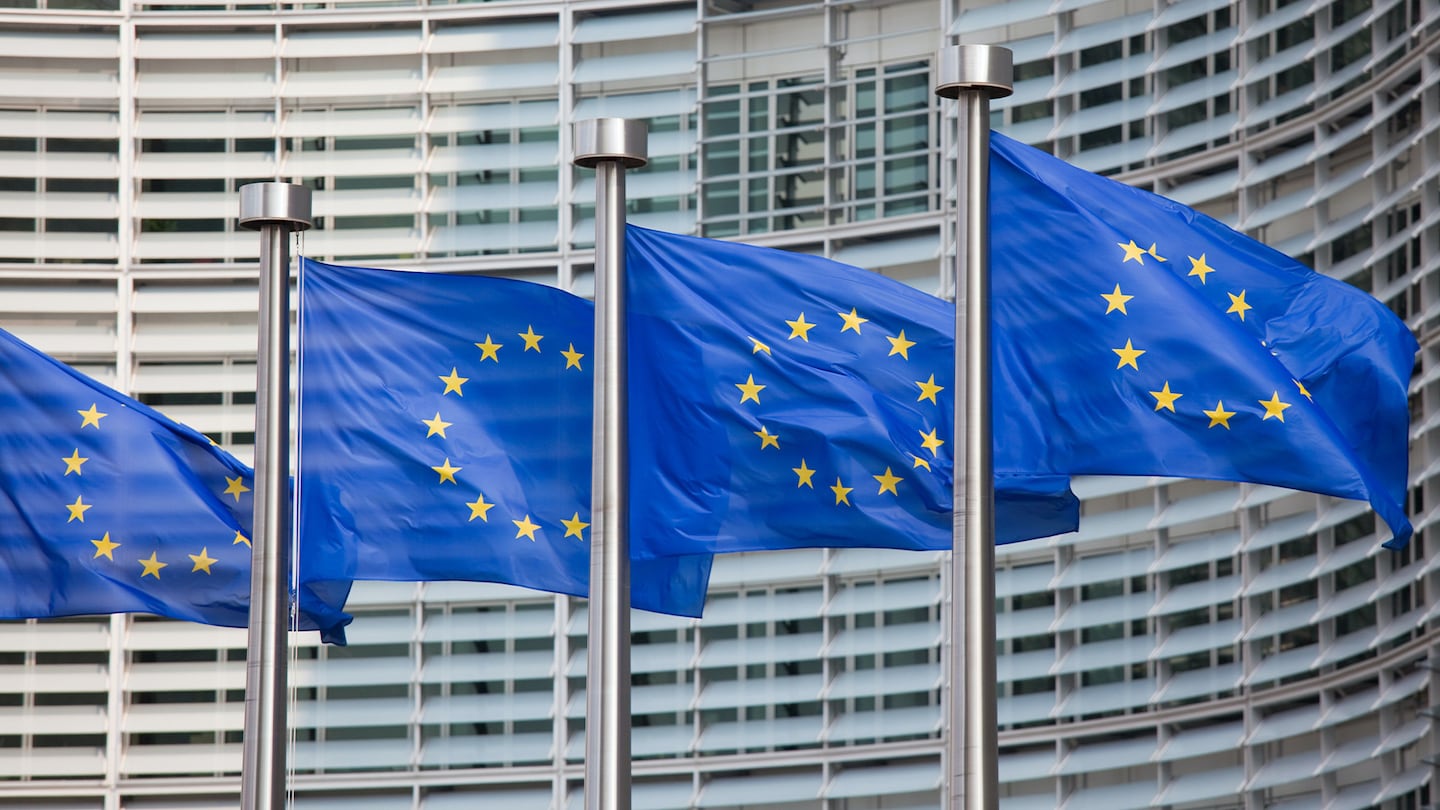The Business of Fashion
Agenda-setting intelligence, analysis and advice for the global fashion community.
Agenda-setting intelligence, analysis and advice for the global fashion community.

European Union governments backed a proposed law requiring large companies in the bloc to check if their supply chains use forced labour or cause environmental damage after Italy switched sides.
A ‘qualified majority’ of 15 EU countries making up 65 percent of the EU population had been required for the corporate sustainability due diligence directive to proceed to a final vote in the European Parliament, where lawmakers are expected to support it.
On Friday, 17 ambassadors from the 27 EU countries backed the law, with no votes against.
Belgium, which holds the six-month rotating presidency of the European Union, had twice tried unsuccessfully to secure EU support for the law as Germany and other EU members, including Italy, abstained.
ADVERTISEMENT
Rome referred to complex negotiations involving also a new law on packaging waste, about which Italy has expressed some reservations, saying the right balance had now been struck. That law too was cleared on Friday.
With its economy focused on smaller companies, it was also among countries pushing for them to be largely excluded from supply chain audits.
Campaign group Anti-Slavery International praised the EU’s commitment to tackling forced labour, which it said affected over 20 million people around the world.
Lara Wolters, the EU lawmaker overseeing the law, said Friday’s endorsement was a step towards justice for people and the planet. Hubertus Heil, Germany’s centre-left labour minister, said he was also pleased.
Germany’s pro-business Free Democrats had led opposition, arguing it would burden business with excessive bureaucracy. Given it is part of the three-party governing coalition, it meant the government could not back the law.
The German Chamber of Commerce and Industry said the law would be a major burden and was impractical. Lobby group Business Europe said European companies would be exposed to litigation and put at a disadvantage to their global competitors, potentially forced to pull out of markets.
Under the CSDDD, due to enter force in 2028, large companies in the European Union will have to identify and take remedial action if they find their supply chains employ forced or child labour or damage the environment, such as through deforestation.
Fines for breaching the rules could be as much as 5 percent of a company’s global turnover.
ADVERTISEMENT
Key to pushing the law through was a compromise on the definition of a ‘large company.’
The rules will apply to companies that have more than 1,000 employees and a net worldwide turnover above 450 million euros ($489.9 million). The previously proposed thresholds had been 500 employees and 150 million euros.
The rules will be phased in over a year, initially applying to firms with more than 5,000 employees and 1.5 billion euro turnover.
Reporting by Philip Blenkinsop; additional reporting by Giselda Vagnoni, Holger Hansen Simon Jessop; editing by GV De Clercq, Kirsten Donovan and Christina Fincher
Learn more:
EU Parliament, Council Agree to Ban Products Made With Forced Labour
European Union Council and the European Parliament on Tuesday reached a provisional agreement to ban the entry of products made with forced labour into the European single market.
The industry needs to ditch its reliance on fossil-fuel-based materials like polyester in order to meet climate targets, according to a new report from Textile Exchange.
Cotton linked to environmental and human rights abuses in Brazil is leaking into the supply chains of major fashion brands, a new investigation has found, prompting Zara-owner Inditex to send a scathing rebuke to the industry’s biggest sustainable cotton certifier.
Over the last few years, the run-up to Earth Day has become a marketing frenzy. But a crackdown on greenwashing may be changing the way brands approach their communications strategies.
This week, Sephora announced plans to double down on ‘green’ and ‘clean’ product labels, leaning into an increasingly risky marketing tactic even as a greenwashing crackdown has prompted other brands to pull back.